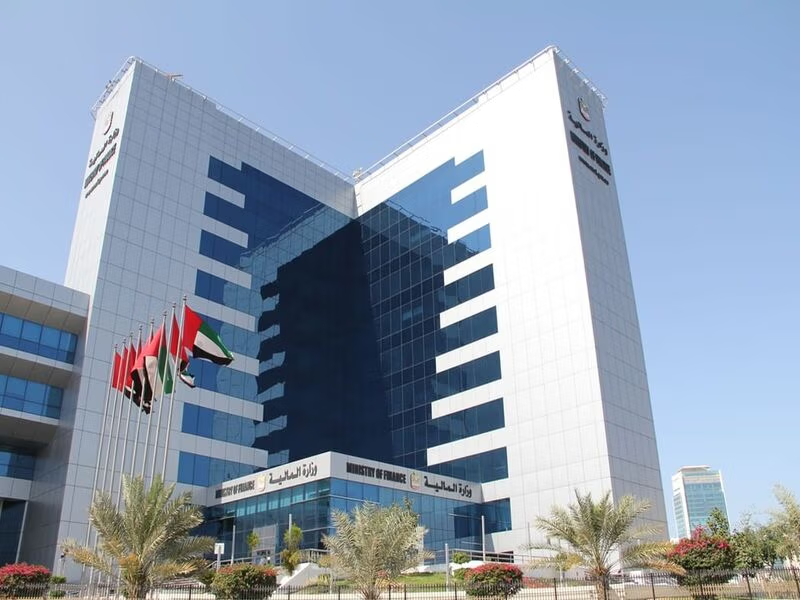The Ministry of Finance (MoF) has launched the UAE Federal Budget 2027–2029, marking a significant step in transforming public financial management through the use of artificial intelligence, fiscal flexibility, and sustainable development.
The initiative, aligned with the UAE’s national goals under “We the UAE 2031” and UAE Centennial 2071, aims to reframe the budget as a strategic enabler—moving beyond traditional fiscal planning into a model driven by data, AI tools, and measurable outcomes.
The announcement coincides with the launch of the federal government’s new strategic planning cycle, introduced by His Highness Sheikh Mohammed bin Rashid Al Maktoum, Vice President and Prime Minister of the UAE and Ruler of Dubai.
“Achieving the ambitions of UAE Centennial 2071 requires a financial system that is agile and future-focused. It must direct government spending toward high-impact opportunities,” said H.H. Sheikh Maktoum bin Mohammed bin Rashid Al Maktoum, Deputy Prime Minister, First Deputy Ruler of Dubai, and Minister of Finance.
Redefining Financial Governance
The new UAE Federal Budget 2027–2029 transforms the budget into a results-driven platform that enables federal entities to execute national priorities with enhanced agility, strategic foresight, and fiscal discipline.
“This is not just a financial plan; it is a smart system capable of generating predictive scenarios, improving decision-making accuracy, and accelerating service delivery,” H.H. Sheikh Maktoum added.
With a strategic emphasis on education, healthcare, social welfare, and core government services, the cycle supports proactive allocation of resources for maximum developmental, economic, and social impact.
Built On A Strong Financial Foundation
The new cycle builds upon four previous strategic budget frameworks, during which the federal government allocated approximately AED 900 billion. As of June 2025, public debt remains stable at AED 62.1 billion, while federal government assets rose to AED 464.4 billion by the end of 2024, reinforcing the UAE’s robust fiscal standing.
The Ministry has also enacted key reforms, including:
- Reducing budget preparation steps from 50 to 10
- Cutting procurement cycles from 60 days to under 6 minutes
- Adopting integrated digital systems for unified, real-time data access
Artificial Intelligence At The Core
Mohamed bin Hadi Al Hussaini, Minister of State for Financial Affairs, noted that AI is a key enabler in the new budget framework. The system uses predictive analytics to improve accuracy in resource allocation, performance tracking, and fiscal planning.
“We are no longer a supervisory authority—we are an enabler. The Ministry now drives readiness, efficiency, and innovation within an integrated digital framework,” Al Hussaini said.
The 2027–2029 cycle reflects a broader shift in how governments approach public finance—from control and compliance to empowerment and strategic impact.
Vision For A Future-Ready Economy
The MoF affirmed that this transformation positions the UAE as a global model for advanced public financial management, leveraging digital innovation to promote transparency, improve services, and support long-term sustainability.
As the UAE accelerates its path towards becoming a leading global financial and innovation hub, the UAE Federal Budget 2027–2029 serves as a cornerstone for delivering high-performance governance backed by smart fiscal planning.
–Input WAM





